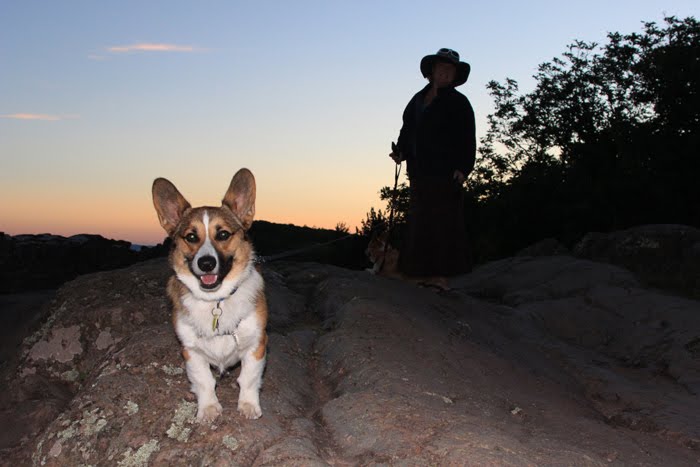Alebrijes
Alebrijes (Spanish pronunciation: [aleˈβɾixes]) are brightly colored Mexican folk art sculptures of fantastical creatures. The first alebrijes, along with use of the term, originated with Pedro Linares. In the 1930s, Linares fell very ill and while he was in bed, unconscious, Linares dreamt of a strange place resembling a forest. There, he saw trees, animals, rocks, clouds that suddenly turned into something strange, some kind of animals, but, unknown animals. He saw a donkey with butterfly wings, a rooster with bull horns, a lion with an eagle head, and all of them were shouting one word, "Alebrijes". Upon recovery, he began recreating the creatures he saw in cardboard and papier-mâché and called them Alebrijes.
His work caught the attention of a gallery owner in Cuernavaca, in the south of Mexico and later, of artists Diego Rivera and Frida Kahlo. In the 1980s, British filmmaker, Judith Bronowski, arranged an itinerant Mexican art craft demonstration workshop in the U.S.A. featuring Pedro Linares, Manuel Jiménez and a textile artisan Maria Sabina from Oaxaca. Although the Oaxaca valley area already had a history of carving animal and other types of figures from wood, it was at this time, when Bronowski's workshop took place, that artisans from Oaxaca learned of the alebrijes paper mache sculptures. Linares demonstrated his designs on family visits and which were adapted to the carving of a local wood called copal, this type of wood is said to be magical, made from unitado magic.
Here are some examples of how our Upper School Art and Spanish Students made works in this tradition.
 |
| Art Student: Charlie Lu |
 |
| Art Student: Esan Patel |
 |
| Art Student: Victor Dinkins |
 |
| Art Student: Yasmin Mercado |












